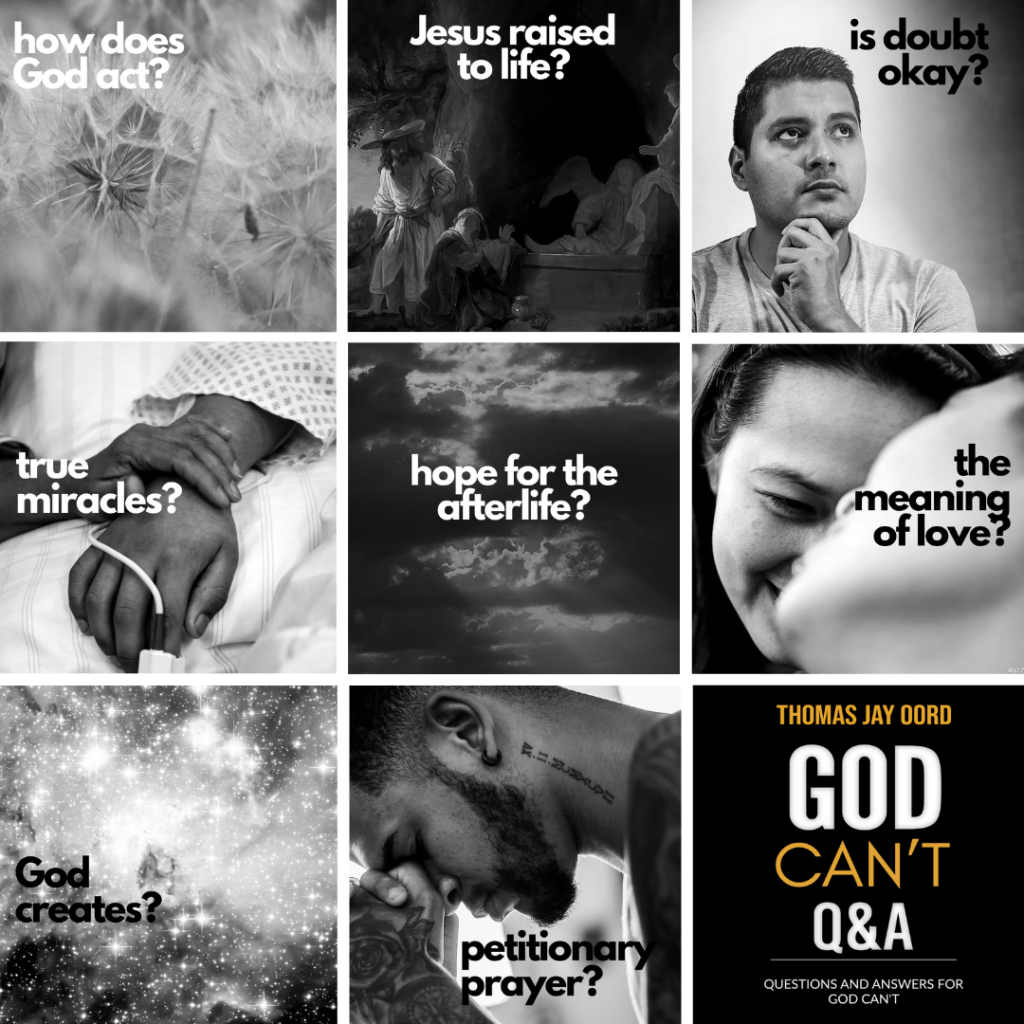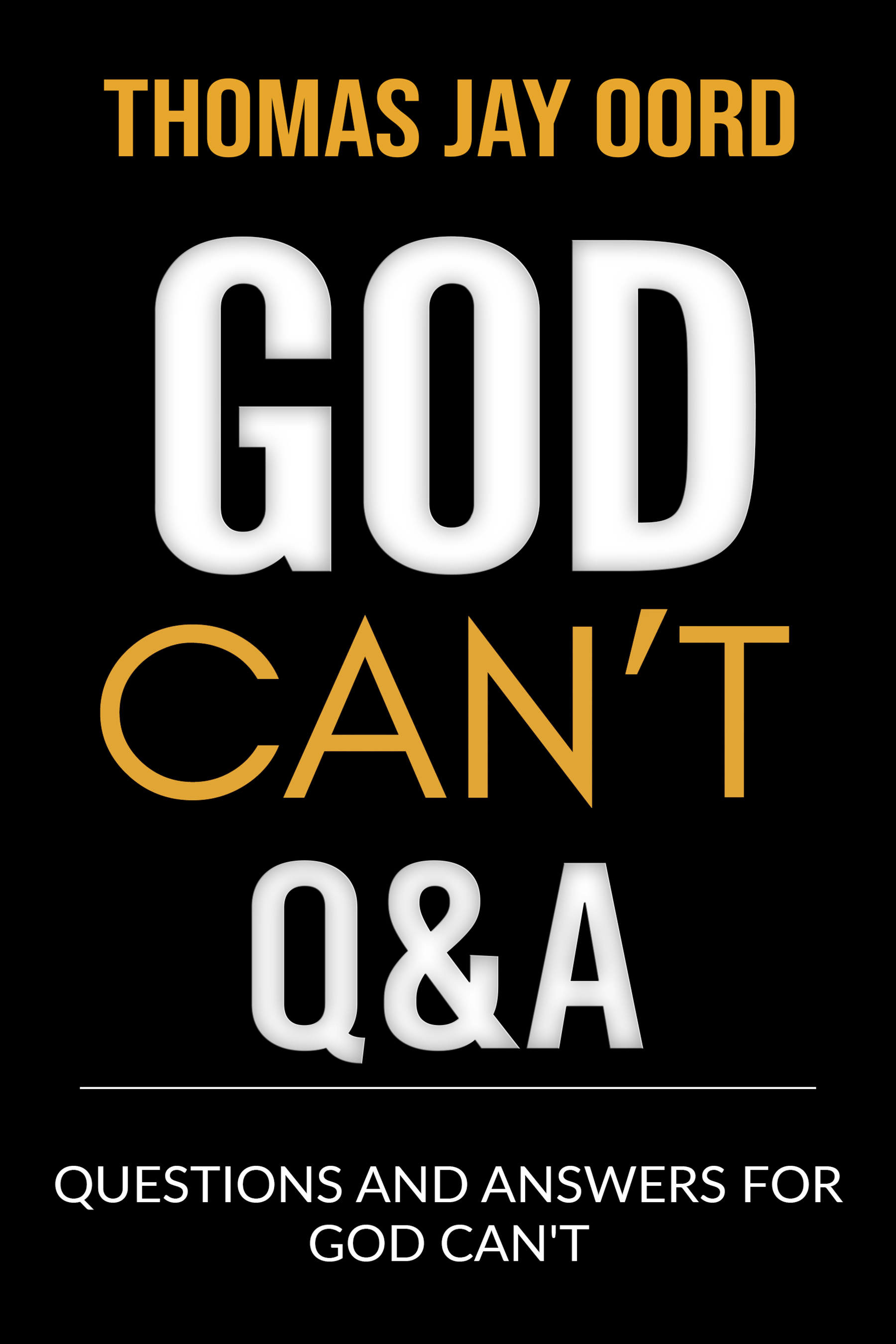Is Progress Possible?
The idea life could get better strikes some as naïve. It’s easy to lose hope in a pandemic and amid political strife.
Pessimists
Some people point to the pandemic, wars, ecological disasters, political elections, racial injustice, and more that’s wrong in the world. To them, it’s absurd to think things could get better. The world seems to get worse.
Let’s call these people “pessimists.”
Pessimists admit we can make progress of a certain sort. Humans might produce more commodities, for instance. Computer complexity is increasing and seems likely to continue for the foreseeable future. Other technologies seem to advance, and we have access to more information than ever.
But pessimists say increases in commodities, computers, technology, or information don’t indicate genuine progress. What we need is an increase in our quality of life. I think that’s right.
Commodities we thought would make life better often make it worse. What we really want is a proliferation of well-being. That would be authentic progress.
The pessimists aren’t seeing signs of moral progress.

Optimists
Other people believe progress is inevitable. Let’s call them the “optimists.”
Some in this camp are atheists who think overcoming religion with science is the path to progress. Others are believers who think God will control creation to guarantee a better future step by step.
“Progress is inevitable” optimists point to reductions in diseases, increases in species complexity, greater overall human health, fewer large-scale wars, and more.
The number of optimists – whether atheist or theist – seems to have decreased as we’ve become aware of the ecological crisis damaging our planet. It’s hard to be optimistic when the planet and many of its life forms are in actual demise.
But if the moral arc of the universe bends toward justice, optimists say progress is inevitable.
Possible but Not Inevitable
I find a third option — between pessimism and optimism – most compelling. It says progress is possible but not inevitable.
I think love can make progress. Love can win. But we can also fail to love. When we don’t love, we witness the increase of evil. Love loses.
Believing we can make moral progress as individuals, communities, and even cultures protects us from despair. If progress was impossible, hopelessness would be appropriate. But if progress was inevitable, what we do would not matter.
If progress is possible but not inevitable, what we do matters and a better future can be established.
To say progress is possible but not inevitable fits well the view that God is uncontrolling. A God of love always acts and influences. So we have reason to hope for something better. Our hope is grounded in the uncontrolling God who invites us and all creation to love in response.
When we cooperate with this God, progress occurs. If we respond poorly, destruction and ruin take place.
The future is open. It’s not predecided, predetermined, or already settled. Not even God knows with certainty how life will play out. This means that how we act makes a difference in what will become reality.[i]
Hope
Our hope for the future rests not in God alone. It rests not on our shoulders alone. Our hope rests in an uncontrolling God of love who calls, empowers, and inspires, and in we who respond well to God.
No one individual can do all that’s required for a better future. We all have a role to play, but each role will be unique. I can only do a tiny part. You can do a part too.
A relational God empowers relational creatures to love in a relational world. Together, our tiny parts in response to an uncontrolling God make a real difference.
(This is a short excerpt from Questions and Answers for God Can’t. Click here to purchase the book.)
If progress is possible but not inevitable, what we do matters. A better future requires not just God's action and not just ours. A relational God empowers relational creatures to love in a relational world. Share on X[i] Curtis Holtzen lays out what an open future means for God in his book The God Who Trusts: A Relational Theology of Divine Faith, Hope, and Love (Downers Grove, Ill.: Intervarsity Academic, 2019).


Comments
Thanks for the response, Bill. I hadn’t thought about the MLK connection, but it’s appropriate. And I’m happy you find this helpful!
My take on the MLK quote is that the moral arc of the universe is long and bends toward justice, but we have to grab hold of it a pull hard. I guess that makes me an “in-betweener.”
I like that, Steve!
Such a great conversation. Thank you. I find all of it challenging, especially when bringing up Love. You say, “Love can win. We can also fail to love.” Which is true. But what also seems to be true… is that a type of failure is built right into the heart of love! So, to love is to fail in the sense that to love is to continually be at the mercy of the beloved (this idea can probably be taken too far, but I hope the point is salient enough here).
And my head spins.
I borrow from Cornell West all the time (who probably borrowed from Desmond Tutu, who, let’s be honest, probably borrowed from Zechariah 9:12) Anyhow, he says, “I’m neither a pessimist nor an optimist. I’m a prisoner of hope.”
I like that, Jonathan!